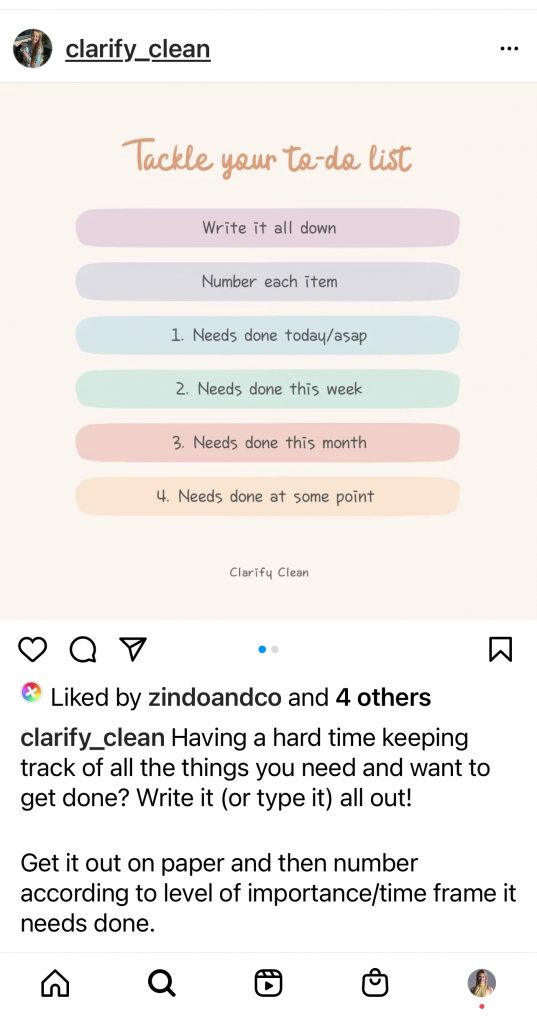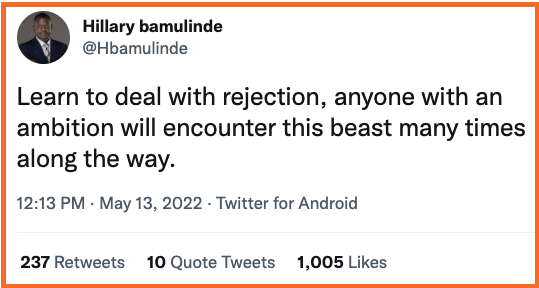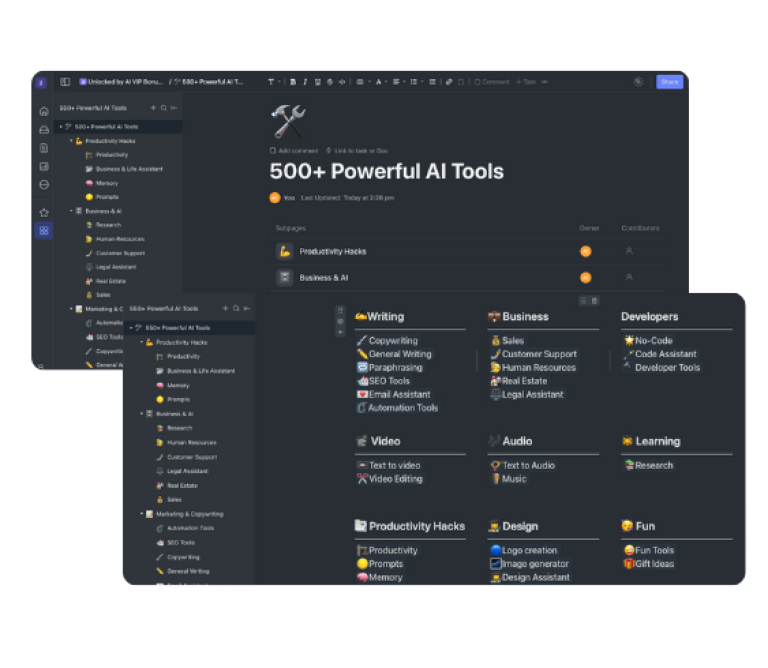There comes a time in everyone’s life when they feel the need to break free from the chains of their 9-5 job. Maybe you’re feeling stifled creatively, or maybe you’re just not content with the amount of money you’re making. Whatever the reason, here are some tips on how to make the transition from your 9-5 to a life of freedom and flexibility as a freelancer.
In this article, I’ll discuss what freelancing is and why it might be right for you. I’ll also provide some tips on how to make a successful transition, what some of the challenges will be, and your next steps in moving from the 9 to 5 life.
What is freelancing?
Freelancing is the act of working for oneself, as opposed to being employed by a company or other organization. Freelancers are typically self-employed and are hired by clients on a project-by-project basis.
There are a number of reasons why you might want to consider becoming a freelancer. Perhaps you’re looking for more flexibility and freedom in your work life. Or maybe you want to be your own boss and set your own hours. Whatever the case may be, becoming self-employed can be a great way to achieve your goals.
There are a few things to keep in mind if you’re considering freelancing. First, it’s important to be organized and self-motivated, as you’ll be responsible for managing your own time and workload. You’ll need to be comfortable marketing yourself and finding clients.
Why should you consider freelancing?
There are a number of benefits that come with freelancing. For starters, freelancers have the freedom to choose their own projects and set their own hours. This can be a great way to achieve a better work-life balance. Freelancers often have the opportunity to work with a variety of clients, which can lead to interesting and varied projects.
Another major benefit of freelancing is that it allows you to be your own boss. This means that you’re in control of your own career and can choose the direction you want to go in. This is a huge consideration since freelancers often have the opportunity to earn more money than they would as an employee.
The benefits of freelancing
There are a number of benefits that come with freelancing, which I discussed in the previous section. Now let’s take a closer look at two of the most important benefits I see as a self-employed person.
1 – Flexibility and freedom
Perhaps the biggest benefit of being a freelancer is the flexibility and freedom it offers. You can choose your own projects and set your own hours, which means you can work around other commitments such as family or childcare. It can also provide the opportunity to work remotely, which for some, is a top reason to become self-employed.
2 – Increased earnings potential
Another major benefit of freelancing is that it allows you to earn more money than you would as an employee. This is because freelancers are typically paid by the project, rather than by the hour.

This means that they can earn more money for their time and effort. Working for yourself gives you the opportunity to negotiate your rates, which can further increase your earnings potential.
How to make the transition from 9-5 to freelancing
Making the transition from a 9-5 job to freelancing can be daunting, but with the right planning and preparation, it can be a seamless process. Here are some tips on how to make the switch successfully.
1 – Do your research
Before making the switch to freelancing, it’s important to do your research and understand what you’re getting into. This means familiarizing yourself with the ins and outs of freelancing, such as setting your rates, finding clients, and managing your time. Additionally, it’s a good idea to reach out to other freelancers and ask for advice.
2 – Create a plan
Once you’ve done your research, it’s time to create a plan. This should include things like deciding on your rates, how you are going to find clients and how you will manage your work time effectively. It’s also a good idea to create a portfolio of your work to show potential clients, as I guarantee you they will ask.

Now if you are new to freelancing and don’t have any current client work to present, it’s ok to use previous work you’ve done with an employer, as it still showcases your skills and experience (assuming you have permission from the employer).
3 – Build up your savings
Before quitting your 9-5 job, it’s important to make sure you have enough money saved up to cover your expenses. This will help ensure that you’re able to support yourself while you’re getting your freelance business off the ground.
4 – Quit your job
Once you’ve done your research, created a plan, and saved up enough money, it’s time to quit your 9-5 job. This can be a scary step, but if you’ve prepared properly it will be much easier.
Side note: some people will do both for a bit until they feel confident enough to leave the security of a job. And that’s ok. No judgment here. Do what’s best for you and your family.
5 – Get started
After you’ve quit your 9-5 job, it’s time to get started on your freelance career. This means finding clients, marketing yourself, and getting started on projects. And, don’t forget, it’s more important than ever to keep learning and growing as a freelancer so new opportunities can come your way.
You can always set up your portfolio on sites like Upwork or Fiverr to start getting seen as an available provider.
Tips for staying organized and productive as a freelancer
As a freelancer, it’s important to stay organized and productive in order to be successful. Here are some tips on how to do this.
1 – Create a schedule
One of the best ways to stay organized and productive as a freelancer is to create a schedule and stick to it. This means setting aside time for things like marketing, client work, and administrative tasks. It’s also important to schedule breaks and make sure you’re taking care of yourself.

2 – Use a project management tool
Another helpful tip for staying organized and productive as a freelancer is to use a project management tool. This will allow you to keep track of your deadlines, client work, and other projects.
I use ClickUp for my project management for all of zindo+co. You can check them out here. They have a forever-free plan to get you started. So no excuses! If you are a paper and pen person, that’s great too. The goal here is to understand the importance of being organized so you can grow in your productivity.

3 – Outsource
When possible, it’s a good idea to outsource some of your work. This can help you free up time so that you can focus on tasks you are the expert at. It can help to reduce your stress levels and make sure that you’re staying in front of project deadlines while being focused on new opportunities.
Or maybe hiring a VA to help you manage your projects is what makes the most sense for you? Whichever path makes the most sense with your work and deliverables would be the best place to start.
4 – Take breaks
It’s important to take breaks when you’re freelancing, as this will help you avoid burnout. Additionally, breaks can be a good time to brainstorm new ideas or work on marketing tasks.

Remember, just because you are your own boss now, it’s important to create work/home boundaries.
5 – Stay motivated
Finally, it’s important to stay motivated when you’re freelancing. This means setting goals and celebrating your accomplishments. You’ll find it can be helpful to join a community of other freelancers so that you can support and encourage each other no matter what stage of your business you are at.
Common challenges faced by freelancers and how to overcome them
As a freelancer, you’re responsible for everything from finding clients to managing your own time. This can be challenging, especially when you’re first starting out.
Here are some of the most common challenges faced by freelancers and how to overcome them.
1 – Finding clients
One of the biggest challenges faced by freelancers is finding clients. This can be difficult, especially if you’re just starting out. There are a few ways to overcome this challenge, such as networking, using social media, and creating a portfolio.

2 – Managing your time
I know I mentioned managing your time above, but it’s important to say it again here as it’s a common challenge faced by freelancers. This is important because you need to make sure you’re completing your work on time and setting proper client expectations.
3 – Staying motivated
It can be challenging to stay motivated when you’re working on your own. This is important because it’s easy to get discouraged when you’re not seeing results. Stick with you and reflect on why you decided to go out on your own. Also, recognize it takes time for all of us just starting out. It’s part of the process. Once you know, this is the case, it makes these slow times easier to accept.
4 – Pricing your services
Another common challenge faced by freelancers is pricing their services. This is important because you need to make sure you’re charging enough to cover your costs and make a profit. However, you also don’t want to charge too much and risk losing potential clients. There are a few ways to overcome this challenge, such as researching the going rates for your services and considering your costs.

For many of my first clients, I probably paid them to work with me. But it was a learning game. The more experience I got, the more I was able and confident to charge more. It will come. The only way to grow here both in experience and confidence is to do it. So dig in and be ok with the first few jobs… maybe breaking even.
5 – Dealing with rejection
Dealing with rejection is another common challenge faced by freelancers. This is because you’ll likely receive rejections when you’re first starting out. However, there are a few ways to overcome this challenge, such as using it as motivation to improve your work and networking.

It’s so important to remember that rejections are typically not personal and they will happen even when you are at the top of your game.
Wrapping up – next steps for starting your freelancing journey
Now that you’ve read about the benefits, the common challenges faced by freelancers, and how to work through them, it’s time to start your journey. Here are a few final tips to help you get started.
1 – Start small
When you’re first starting out, it’s important to start small. This means choosing a few clients and projects that you’re confident you can handle. And remember how important it is to set realistic deadlines so that you don’t get overwhelmed.
2 – Build a portfolio
Another important tip is to build a portfolio. This will show potential clients what you’re capable of and help you land more work. It’s important to make sure your portfolio is up-to-date so that you can showcase your most recent work.

Let’s say you are a website developer. You should not have a website that is ½ done or not your best work. You will be judged by how you appear online. So make sure it’s the best you’ve got.
3 – Be professional
When you’re working with clients, it’s important to be professional. This means being punctual, responsive, and keeping your work confidential. Additionally, it’s important to always deliver high-quality work.
As the saying goes, “Professionalism is not the job you do, it’s how you do the job.“
Professionalism involves consistently achieving high standards, both visibly and “behind the scenes” – whatever your role or profession. via Mindtools
4 – Market yourself
Last but not least, it’s important to market yourself. This means using social media, networking, and creating a website. Be sure to keep your brand consistent, your voice and messaging to the right audience, and confident as to what you can deliver.
With some planning and effort, you can successfully transition from 9-5 life to freelancing and enjoy the freedom and flexibility that comes with it. So what are you waiting for? If you still have questions, I’d love to chat with you further. Head over to zindolabs.com and join in the conversation.









